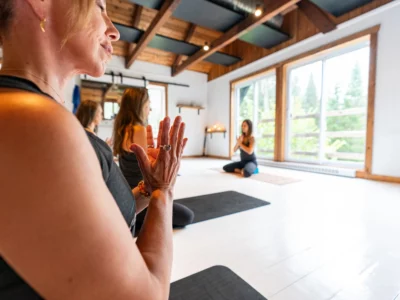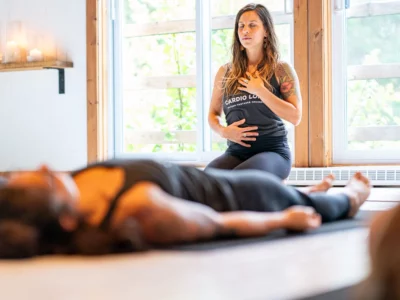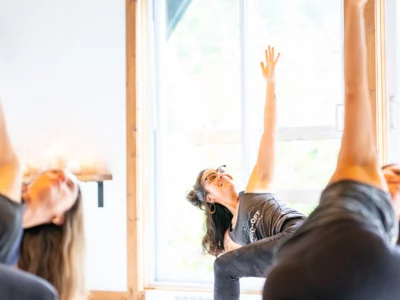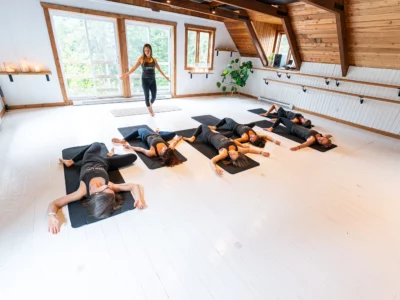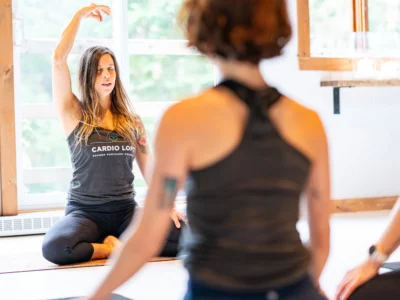nos cours
une expérience unique pour chacun
Découvrez notre large gamme de cours adaptés à tous les niveaux, conçus pour répondre à vos besoins spécifiques et vous guider vers un bien-être global. Que vous recherchiez un entraînement dynamique, une détente profonde ou une pratique douce pour reconnecter corps et esprit, notre sélection vous offre des expériences enrichissantes dans un environnement accueillant et bienveillant. Explorez nos options et trouvez le cours parfait pour atteindre vos objectifs, tout en profitant d’un moment rien que pour vous.
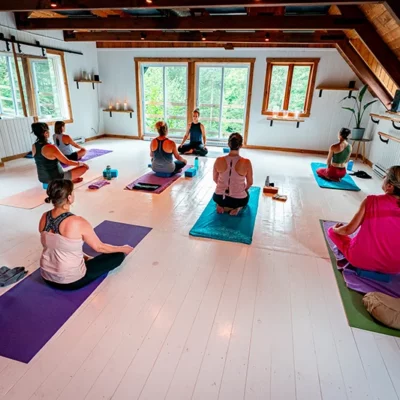
Rejoignez-nous dès aujourd’hui !
N’attendez plus pour vivre une expérience qui transformera votre bien-être et votre énergie. Inscrivez-vous dès maintenant et découvrez le cours parfait pour atteindre vos objectifs et enrichir votre quotidien.
